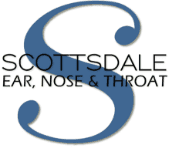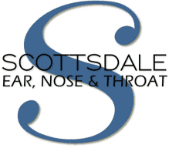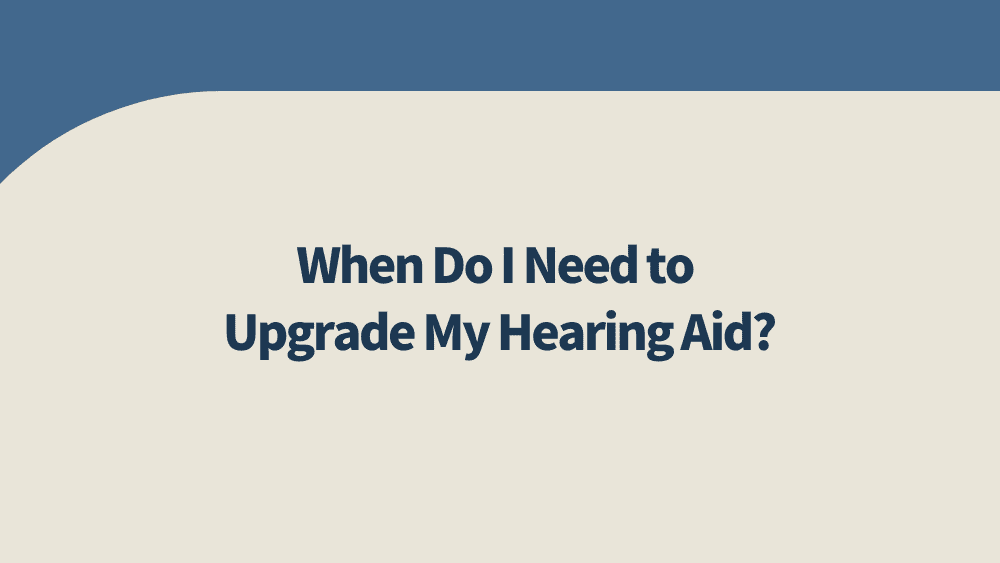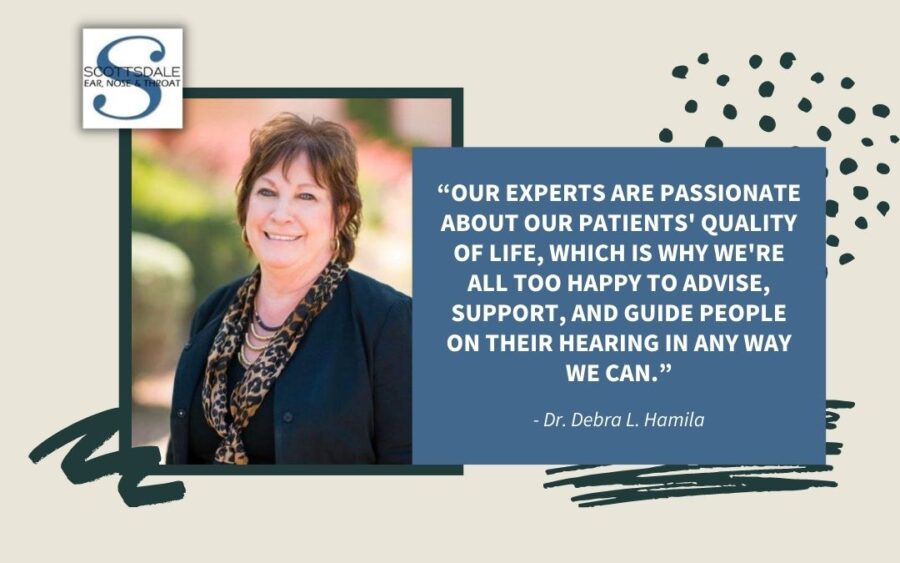Your social life and relationships with others are certainly affected by hearing loss, but it can also have a negative impact on your work.
Decreased job performance due to miscommunication, failure to hear instructions, and struggling with other work-related interactions reduce job performance.
The Better Hearing Institute reports that hearing aid wearers are 90-100% less likely to lose work-related income, while the unemployment rate doubles for individuals who leave their hearing problems untreated.
Protecting your income includes investing in hearing aids that meet your needs and perform as designed.
Our Phoenix area patients often ask, “When do I need to upgrade my hearing aid?” To answer your question, here is some general guidance to help with your decision.
When Is Upgrading Your Hearing Aids Necessary?
Inadequate performance is an apparent reason to upgrade your hearing aids, but there are additional reasons for replacing your existing device.
Various circumstances that should lead you to consider and hearing aid upgrade include:
- The warranty has expired. Warranties cover the repair and replacement costs of your hearing instrument. Once it expires, those costs become an added out-of-pocket expense.
- Your occupation or lifestyle has changed. Different styles and levels of technology provide more effective solutions for a more or less active lifestyle or for different occupations. In many situations, you receive the most benefit from your device by upgrading to accommodate these changes.
- Your device has spent a lot of time in the shop. Regardless of the device’s age, a hearing aid with an extensive repair history adds unnecessary frustration and becomes a major financial drain, especially after the warranty expires.
- Keeping up with new technology. Like cell phones, you have to upgrade your hearing aids every three to five years to enjoy the best technology. Hearing aids improve over time; they are better more sensitive and will help keep your mind active. Upgrading your hearing aids every three to five years allows you to take advantage of better performance and a variety of new features.
- When your hearing needs change, new health concerns and aging can change your hearing needs. Better hearing from hearing aids includes adapting to these needs by upgrading to a new device when necessary.
How Long Is My Hearing Aid Going to Last?
The style of hearing aid you use and various other factors determine how long your hearing aid will last, which is typically five years.
An in-the-ear (ITE) style device has a life expectancy of between four and five years, while a behind-the-ear (BTE) style instrument should last from five to six years. Poor maintenance and rough use, exposure to moisture and high temperatures, and the device’s quality lead to a shorter life cycle, but better care of the device increases its performance life.
Upgrading your device allows you to have a backup repair or help out someone less fortunate by donating your device.
Scottsdale Ear Nose and Throat Helps with Hearing Aid Upgrade Decisions
Hearing aids are not just an investment into a more active and rewarding social life but can help protect your income as well.
Ensuring that you get the most benefit from your device helps reduce the risks of work-related income loss.
Our team at Scottsdale Ear Nose and Throat has the experience and expertise to help you decide when it is time to switch to new hearing aids to provide the best hearing solution for you.
Our audiologists will recommend hearing technology based on your hearing loss, lifestyle, and budget.
There has never been a better time to take advantage of the incredible technological advancements available for our patients.
If you or a loved one is ready to upgrade their devices or simply want advice on your options, call us today to find out more.




